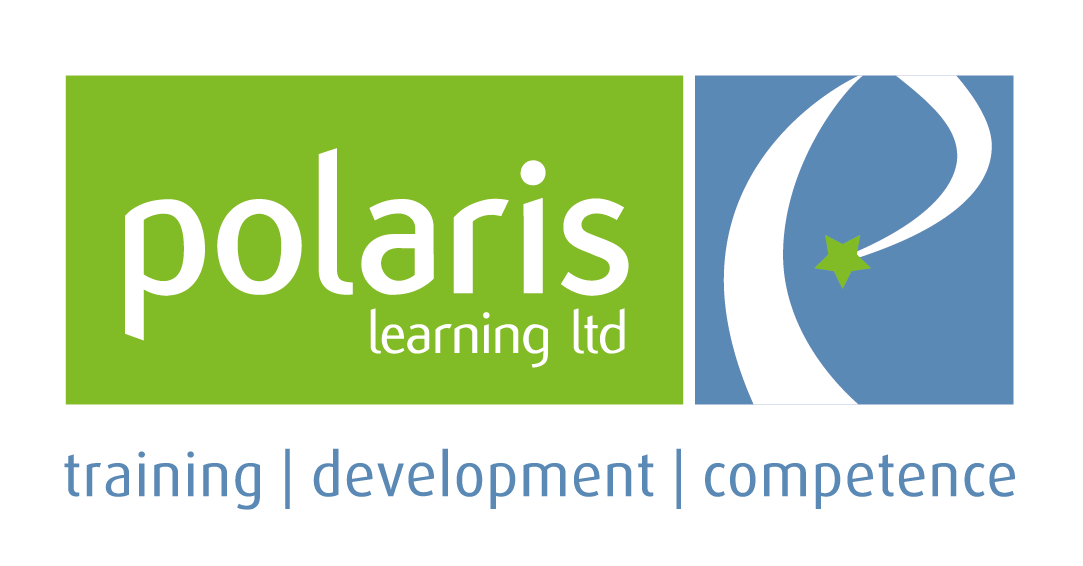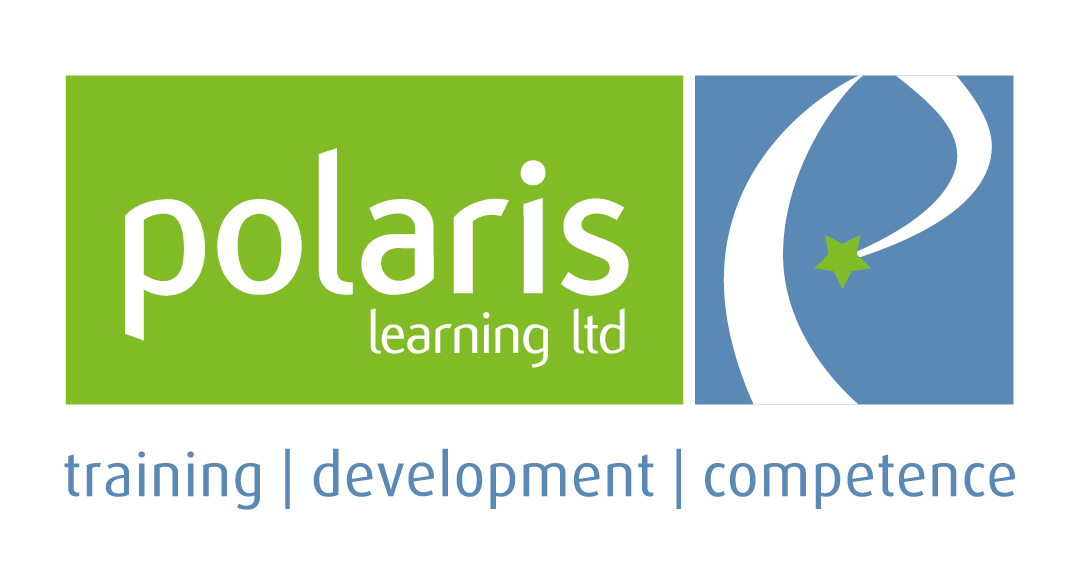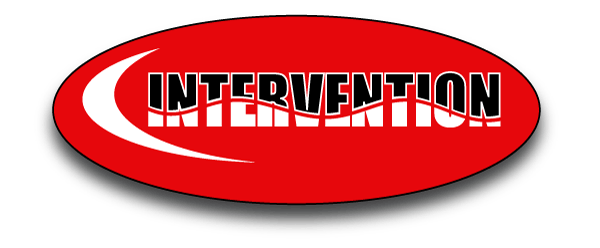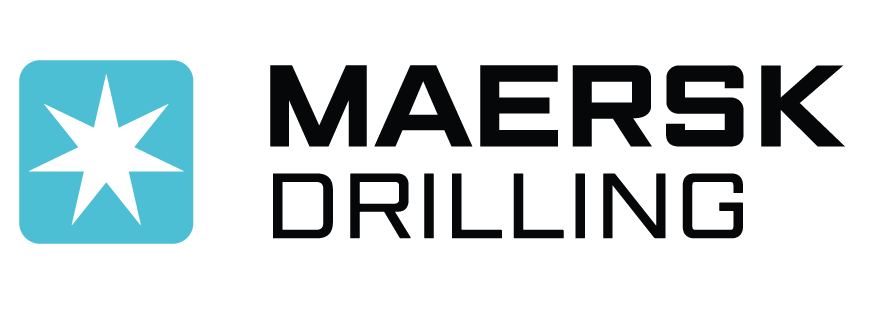Because Promotion Won’t
Guarantee A Leader
PLANNING LEADERSHIP DEVELOPMENT – WHAT MAKES A GOOD LEADER?
![]() Managers at all levels need a certain set of skills associated with their people management role, and these need to be developed. It should also not be assumed that well-qualified professionals who attain promotion to posts involving line management responsibilities will automatically be able to assimilate the people management role.”
Managers at all levels need a certain set of skills associated with their people management role, and these need to be developed. It should also not be assumed that well-qualified professionals who attain promotion to posts involving line management responsibilities will automatically be able to assimilate the people management role.”
CIPD Factsheet “Management Development”, 1 July 2016
WHAT TO CONSIDER
- Many people are promoted to leadership positions on the basis of technical skills or operational requirements that may mean they are promoted earlier than would be ideal.
- It can be very useful to assess leadership levels and to consider that basic leadership training may be required as much as the more advanced leadership training.
- Do not assume an automatic correlation between management qualifications and an individual’s ability to lead and manage. Qualifications that have not been linked clearly back to the workplace may not support managers to know how to use what they have learnt and to use this at a day to day level.
MANAGEMENT COMPETENCES
![]() Larger organisations often have the capacity to identify the requirements for effective management in the form of specific competence frameworks, which will include many of the specialist areas such as:
Larger organisations often have the capacity to identify the requirements for effective management in the form of specific competence frameworks, which will include many of the specialist areas such as:
-
-
- The skills of managing others
- Knowledge of management techniques and the development of strategy
- Interpersonal skills such as communicating, influencing and negotiating
-
CIPD Factsheet “Management Development”, 1 July 2016
WHAT YOU CAN IMPLEMENT NOW
- It is really important that you work in partnership with your supervisors and managers. Most supervisors and managers in our experience want to do a good job and are keen to find out what they need to do. You are more likely to get a positive response to training and development if they feel that you are all working towards the same goal and this training and development is not because they have failed in some way.
- A priority is always to look at the skills that supervisors and managers need to make an impact on their team’s performance.
- Most leaders and managers will realise that they are not as good as they could be at the basics of leading. And those who feel that they are good can be the ones who need the most input. Covering the basics or running a refresher programme can be a key way to boost the basics of leadership across the business. An online programme with practical assignments can work well for this purpose.
- Assess leadership skills if you do not already have a clear picture of each employee’s ability to lead and manage. You will have your own methods for benchmarking this, for example, HR feedback, appraisals, employee turnover and team performance.
- In addition to helping you with benchmarking, this will also help you to identify where managers are not covering the basics as well as giving a useful picture for designing and evaluating any leadership development training.
- Where possible, build in some pre course work that helps leaders develop a better self awareness before they attend any leadership training. This provides a key role in helping leaders gain a sense of reality about their leadership skills as well as helping them to recognise where the training will help them.
- This initial piece of work ahead of the training can play an important role in helping employees understand what they need to be thinking about and why the training really does apply to them.
- Building in the company’s vision, values, and relevant procedures and paperwork is essential. This enables the employee to much better understand what is expected as well as giving the company a great opportunity to reinforce key messages.
- It is important to consider the learning process and how people learn. You cannot take someone out for a day of training and expect transformational and sustained change. Learning and development programmes need to be built accordingly and blended learning has a large role to play.
- Use a leadership competency framework to help you plan and assess the success of your leadership development programme.




 Well Operations Audit of Supply Chain
Well Operations Audit of Supply Chain Revision and roll out of CMS
Revision and roll out of CMS Set up and Hosting of Organisations CMS
Set up and Hosting of Organisations CMS

 Integrated LMS and CMS
Integrated LMS and CMS
